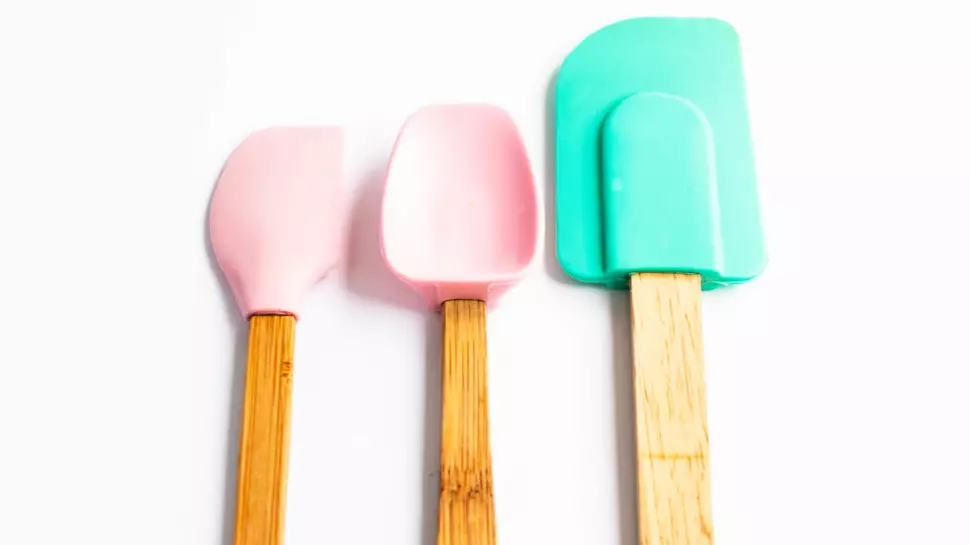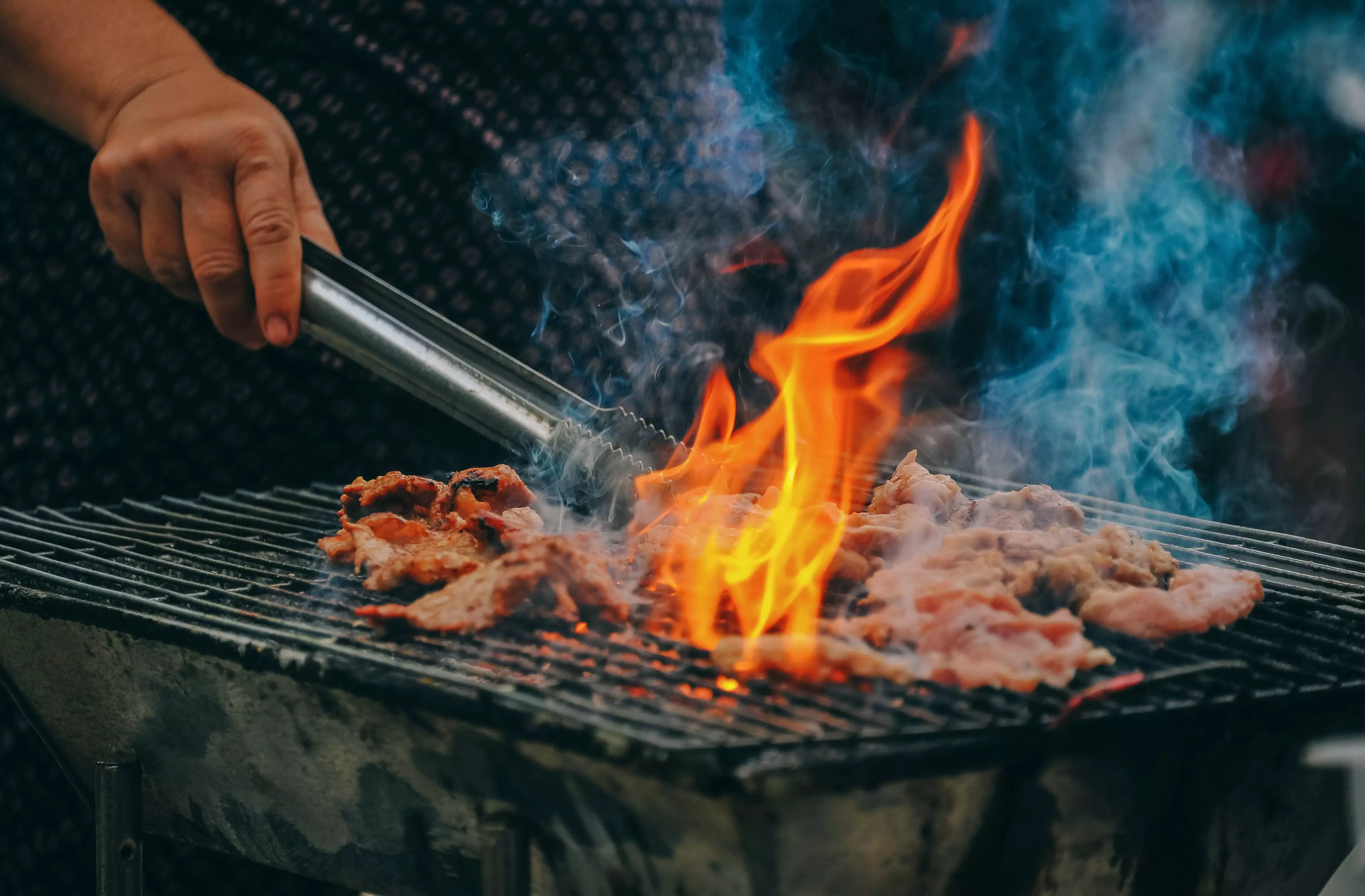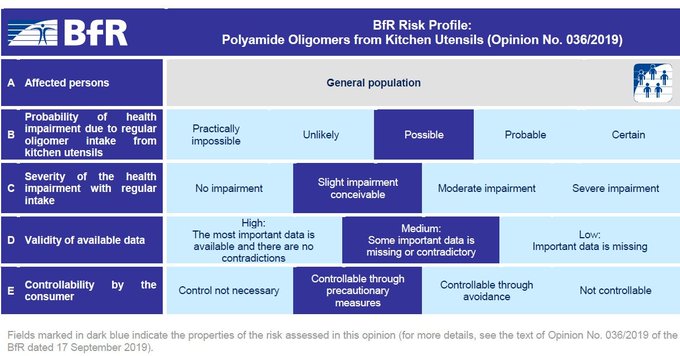
They seem like handy tools to have in the kitchen, but it turns out your plastic utensils might in fact be poisoning you.
Everything from your spatulas to your spoons and barbecue tongs, all made from plastic, may cause damage to your liver and thyroid, scientists at the German Federal Institute for Risk Assessments (BfR) have suggested.
Advert
According to the BfR (an independent group that advises the government on food safety), when heated to temperatures of 70 degrees centigrade, these utensils, which contain specific substances called oligomers, can release toxic byproducts, and those toxins can then be transferred to the food that they come into contact with.
So next time you pick up that plastic cooking spoon, it seems you need to think twice before using it on piping hot food, or risk ingesting man-made chemicals which could potentially lead to liver and thyroid disease due to the way food is broken down in the body.

The institute looked into previous studies carried out on utensils and found that toxicity levels were acceptable at no more than 5mg/kg. But 2016/17 data show that in ten out of 33 utensils examined, values higher than that were found - more than previously thought.
Advert
Of course, the ingestion of these chemicals, which are produced unintentionally during the process of plastic production, will need to be in high doses to potentially trigger health complications.
The BfR concluded therefore that plastic utensils pose a possible risk to the general population and want manufacturers to regulate the production processes better to minimise any potential harm.
But until then, given there is no way of knowing whether your specific plastic utensils will definitely harm you, the only way of avoiding the risk altogether is by keeping contact with food as brief as possible, especially if the food has been heated.
Featured Image Credit: Marco Verch/FlickrTopics: Science, Home, Food And Drink, Health
